Over the past several years, there has been a plethora of issues with Inter’s ownership group, Suning.com. But it seems that in 2024, Suning will be attempting to make a comeback.
Founder and former chairman of Suning.com, Jindong Zhang, also the father of Inter president, Steven Zhang, stepped down two and a half years ago from his position at Suning. According to Chinese outlet YicaiGlobal, Jindong Zhang is planning on, “reasserting his influence on the embattled Chinese electrical appliances retailer and plans on getting the company back into the black this year”. In the world of business, a company being in “the black” refers to a company that is profitable, financially solvent and not overrun with debt.
YicaiGlobal continued to explain that Zhang is planning an “organizational shakeup, aiming to minimize the management hierarchy and allow more employees to face the market and respond quickly to it”. In Suning.com’s recent year-end meeting, Zhang spoke about how the company will continue to develop in lower-level markets and set up more than 3,000 stores in lower-tier markets in 2024.
Agreement with Oaktree Capital Management

Additionally, today Italian media outlet, Panorama, released pages from a legal document concerning Suning and Suning’s Luxembourg-based holding company Great Horizon. Great Horizon is an entity through which Suning controls Inter’s shares.
This 30-page document contains details opening up new possibilities for Inter’s future, potentially post-Suning. According to lawyer Michele La Francesca, Suning has protected itself if it cannot pay or refinance the €275M (plus interest!) loan granted three years ago by Oaktree Capital Management.
La Francesca is quoted explaining that the most interesting detail in the aforementioned documents is the part dedicated to the enforcement of the pledge regulated by Luxembourg legislation. The lawyer explains, “Regardless of the reason that may lead to the activation of the enforcement procedure, it is established that the appropriation of the pledged assets by the creditor must be preceded by an evaluation of the fair market value of the club. If the fair market value evaluation, which must be carried out by a third-party appraiser and cannot be contested by either party, is deemed to be higher than the amount of credit provided by Oaktree to Suning, Oaktree would be required to reimburse Suning for the amount that exceeds the credit”.
In simpler terms, Suning can not lose Inter for free, even if the company is unable to pay the debt owed to Oaktree. La Francesca gives an example, based on Suning’s valuation of Inter, which is €1.2B. Assuming the possible market value of Inter at €1.2B, you would subtract the ~€750M of debt, as well as the €380M credit claimed by Oaktree upon expiration of the debt, Suning would be owed ~€70M. Furthermore, Suning would also claim the ~€125M remaining in another holding company, Gran Tower, and therefore would receive approximately €200M in total even if Oaktree acquires Inter. If the club is valued at €1.3B, this amount would be closer to €300M.
The article from Panorama concludes with Michele La Francesca outlining that Steven Zhang has continuously voiced his desire to remain involved with Inter and reveals that with this clause, Zhang could return to Inter as a minority stakeholder in the club if the debt is not paid, he cannot refinance a new loan and is forced to hand over the club to Oaktree.



I also agree with Khalid, the FFP seems to not go away when it comes to certain teams in certain countries, but then is never an issue in some other leagues outside Italy, MC or Real can always buy whoever they want whenever they want, PSG sorta the same???
Thank you Thomas for putting this article together in plain English for some of us to understand 😊.
No doubt sunning’s ownership has brought a decent stability and kept a level head while making some of the executive decisions. I think without such stability, someone like Moratta would not have joined our wagon and worked hard to bring positives.
I guess, it may be okay for sunning to continue but I think they need to find some ways to inject more cash and work around the regulations, we have been trying to balance sales vs purchases from almost last 2-4 market windows; not sure how other clubs still keep spending and we keep up with FFP reasons or excuses or whatever. This whole regulation and control of it is a sham I think anyway. May be being an outsider and not a literal FIFA lobbyist like some gulf states makes sunning behave this way.